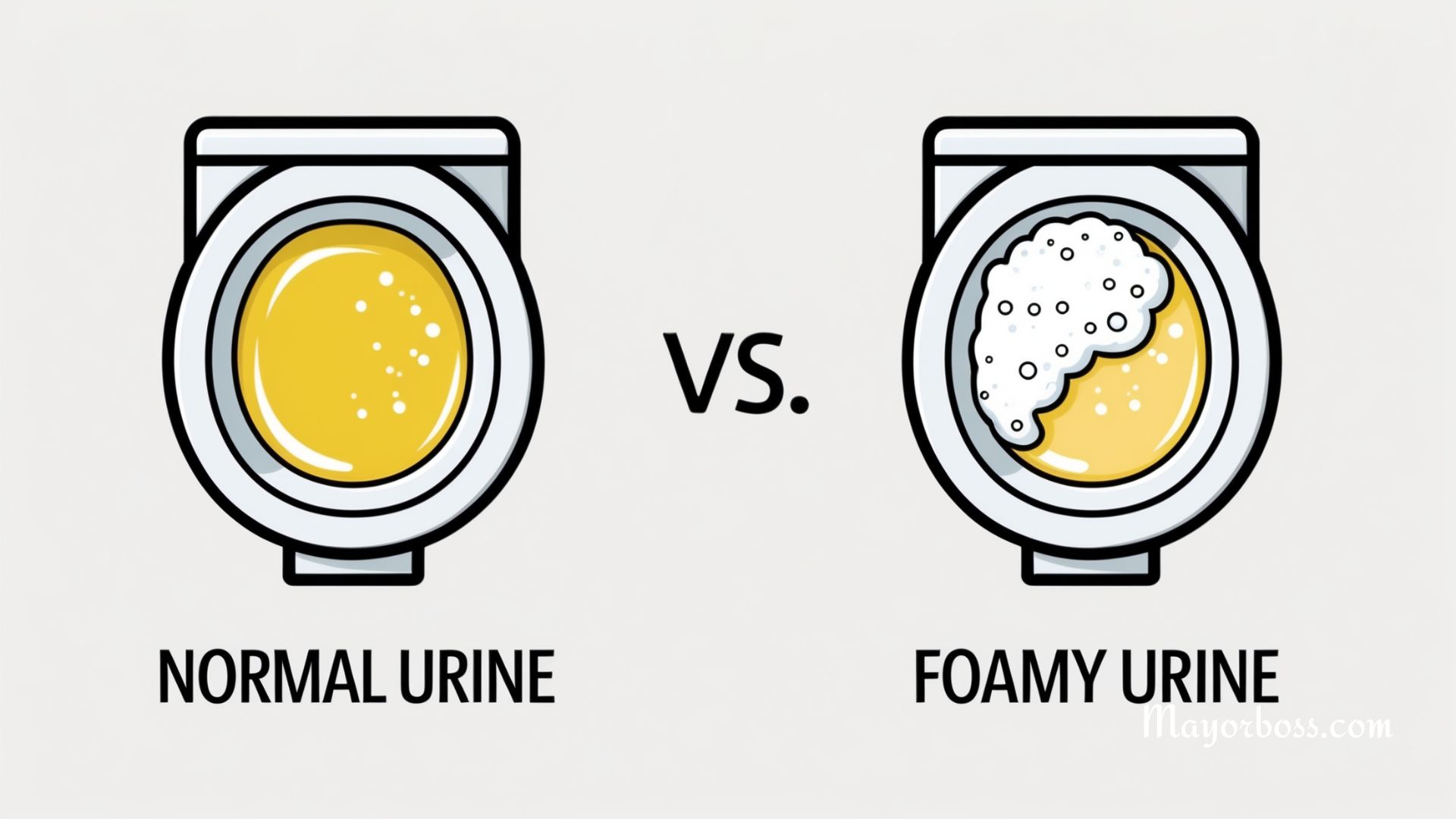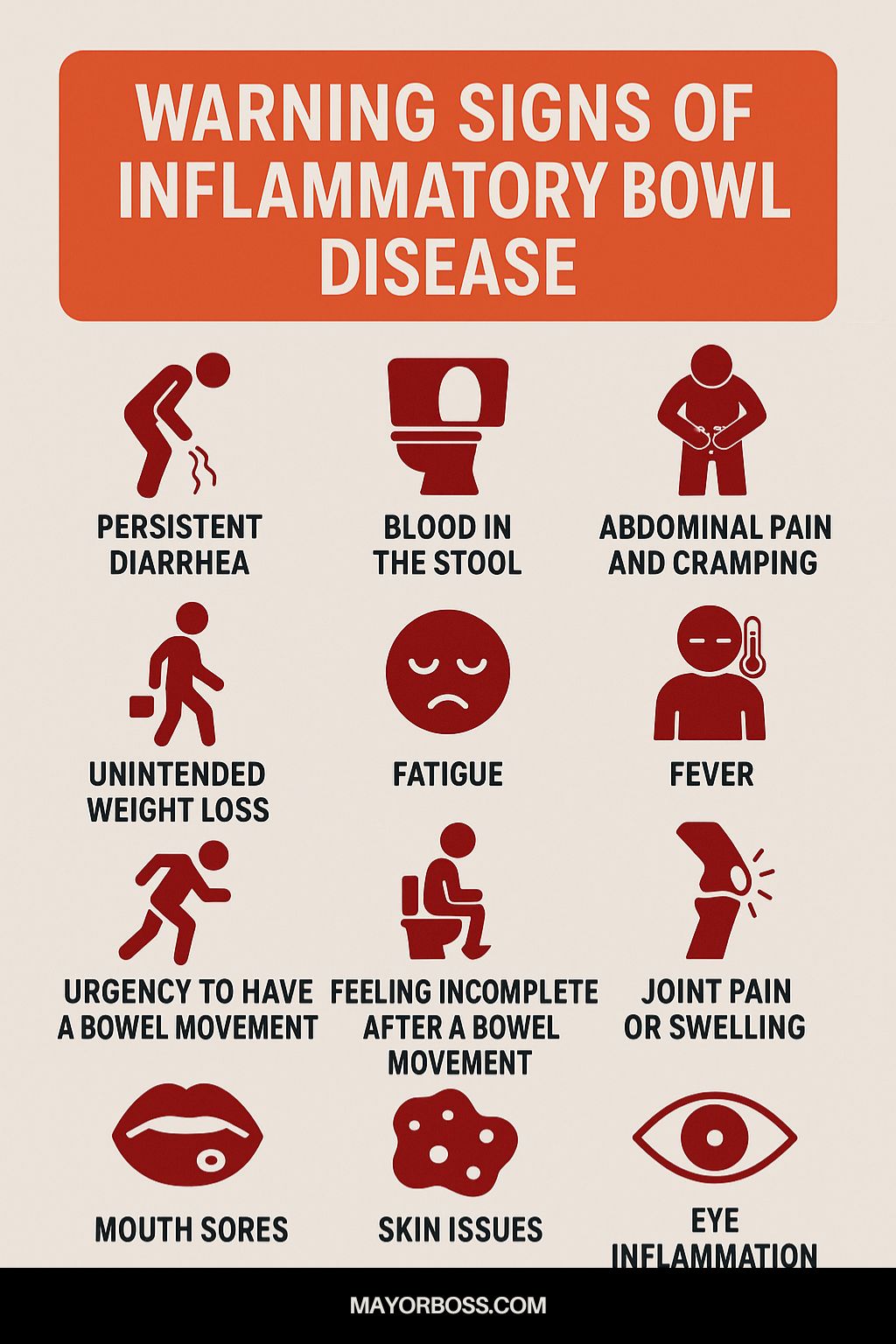What It Means When Your Urine Is Foamy
Seeing foam in your urine every once in a while is typically not a cause for concern. In most cases, it can simply be due to how fast or forcefully you’re urinating. A strong stream of urine can stir up bubbles in the toilet, much like water hitting a surface quickly creates bubbles.
Dehydration is another common reason for occasional foaminess. When you’re not drinking enough water, your urine concentration increases. This concentrated urine can appear foamy because it has less water to dilute the other substances present in it, making them more visible.
Healthline explains that even something as simple as leftover cleaning products in the toilet bowl could cause a foamy reaction when urine hits them.

When Foamy Urine Is Persistent, It Could Indicate a Medical Issue
On the other hand, if you consistently notice that your urine is foamy or it seems to be getting worse, it could be a signal that there’s something more serious going on. One of the most common medical causes of persistent foamy urine is the presence of protein in your urine, a condition called proteinuria, according to the Mayo Clinic.
Proteinuria: Excess Protein in the Urine May Cause Foaminess
Normally, your kidneys filter waste products from your blood while keeping essential substances, like proteins, inside your bloodstream. But when your kidneys aren’t functioning properly, protein can leak into your urine, causing it to foam. Proteinuria can be a sign of several health conditions, such as:
- Kidney disease: Kidney issues like chronic kidney disease (CKD) can cause protein to spill into your urine. CKD occurs when your kidneys become damaged over time, making it harder for them to filter your blood efficiently. In fact, Cleveland Clinic notes that foamy or bubbly urine could be one of the first signs of kidney damage, especially if accompanied by swelling in your legs or other areas of your body.
- Diabetes: People with poorly managed diabetes may also experience proteinuria. High blood sugar levels over time can damage the delicate blood vessels in your kidneys, leading to leaks of protein into your urine.
- High blood pressure: Hypertension can affect your kidney function by causing the blood vessels in your kidneys to narrow and harden. This damage can eventually lead to proteinuria.
If You’re Pregnant, Foamy Urine May Indicate Preeclampsia
Preeclampsia is a condition that can happen during pregnancy and is characterized by high blood pressure and proteinuria. According to Dr. Natalia Hapych, a certified family medicine doctor, this condition usually develops after the 20th week of pregnancy and requires medical attention. If you’re pregnant and notice foamy urine along with symptoms like swelling, headaches, or vision changes, contact your physician immediately.
Could Medications Cause Foamy Urine?
Certain medications, particularly those that affect your kidneys, could also lead to foamy urine. For example, drugs used to treat autoimmune diseases, such as lupus, or medications that alter your blood pressure may affect kidney function and contribute to proteinuria.
Additionally, over-the-counter medications like ibuprofen or other nonsteroidal anti-inflammatory drugs (NSAIDs) may also strain your kidneys if used frequently or at high doses. This is one reason doctors recommend using these medications with caution, especially if you have existing kidney issues.
Foamy Urine Due to Infections or Other Medical Conditions
In some cases, foamy urine can be linked to urinary tract infections (UTIs) or other conditions. For instance, UTIs can cause inflammation in the urinary tract, potentially affecting how your urine looks and smells.
If There’s an Infection, You May Also Have Other Symptoms
If your foamy urine is caused by an infection, it likely won’t be your only symptom. You might also experience a burning sensation when urinating, the need to urinate frequently, or even see blood in your urine. Infections in your kidneys, called pyelonephritis, could also lead to foamy urine alongside fever, back pain, and nausea.
On top of that, sexually transmitted infections (STIs) such as gonorrhea or chlamydia could cause similar symptoms, including changes in your urine.
How to Know If It’s Time to See a Doctor
Occasional foamy urine, especially after drinking less water or urinating quickly, is usually harmless. However, if you notice persistent foam or if it’s accompanied by other symptoms like swelling, pain, or changes in how often you urinate, talk to your physician. These could be warning signs of something more serious, such as kidney disease, high blood pressure, or an infection.
In particular, doctors warn that you should be mindful of persistent foamy urine if you’re pregnant or have a history of kidney disease, diabetes, or high blood pressure.
What You Can Expect From a Medical Evaluation
If you go to your doctor with concerns about foamy urine, they’ll likely start with a urinalysis, a test that checks for abnormal levels of protein, blood, or other substances in your urine. If the test shows an elevated protein level, further tests, such as blood work or imaging, might be done to assess your kidney function.
Depending on the cause of your foamy urine, your doctor may suggest changes to your diet, medications to lower your blood pressure or blood sugar, or treatments to help manage an underlying condition like diabetes.
Drinking Water Can Help With Occasional Foaminess
When the issue is simply dehydration, making sure you’re drinking enough water throughout the day can usually resolve the problem. The National Institutes of Health (NIH) suggests aiming for about 8-10 cups of water per day, though your needs may vary depending on factors like activity level and climate. When you’re properly hydrated, your urine should become clearer and less concentrated, and any foam should disappear.
The Takeaway
Seeing foam in your urine can be startling, but it’s not always a sign of a serious issue. Sometimes, it’s just due to how fast you’re urinating or not drinking enough water. However, persistent foamy urine could be a warning sign of a medical condition, such as kidney disease, diabetes, or an infection. If the foam doesn’t go away, or if you have other symptoms like swelling or pain, it’s important to reach out to your physician for an evaluation.






